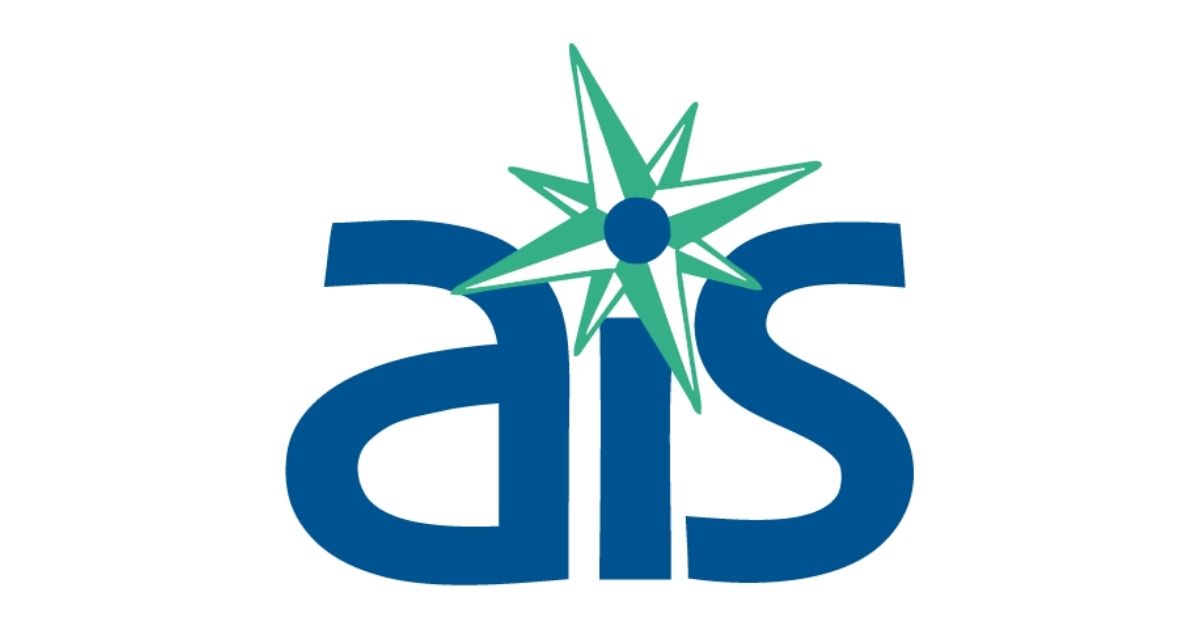A.I.S., Inc. (AIS) is a national scientific services firm supporting maritime activities requiring certification of compliance with environmental regulations as well as collecting data for use by Federal, State, Municipal, and other government agencies along the US coastline. AIS is recruiting Reef Fish and Shrimp Fisheries Observers to work at sea collecting and recording data and biological samples for the National Marine Fisheries Service (NMFS) Southeast Fisheries Science Center (SEFCS) aboard commercial fishing vessels.
The primary goals of the governments shrimp and reef fish observer programs are to provide quantitative biological, vessel, and gear-selectivity information for the southeastern shrimp fishery and Gulf of Mexico reef fish fishery. Observers deploy on commercial shrimp and reef fish vessels operating in the Gulf of Mexico and South Atlantic. If you ever wanted to make a difference, this is how.
Commercial fishing dates back hundreds of years. Today commercial fishing continues to be possible due to cooperation between the fishing industry and fisheries scientists like yourself. In order to facilitate cooperation, fisheries observers collect data pertaining to fishing programs, economics, catch data, and fishing efficiency. Collected data is used to document stock information which is then used to protect the environment and preserve future generations of fish/fishermen. Commit to the journey!
Click to Learn More about Becoming a Fisheries Observer
Observers’ record detailed information on the gear and fishing activity of the vessels. Observers work on deck on vessels ranging from 30’ to 90’ on trips roughly ranging from 1 to 45 days collecting data on fish catch and bycatch, and incidental takes such as marine mammals, seabirds and marine turtles. After attending a 2–3-week paid training course in Galveston, TX, observers are deployed from ports throughout the Gulf of Mexico and southern Atlantic states. Gear types include but are not limited to: shrimp trawl, bottom longline, modified buoy gear, bandit reel, and handline.
Training includes instructions on sampling protocols, gear, fisheries, fish identification, marine mammal/sea turtle identification, and safety.
This is a challenging job and candidates must be mentally prepared to be away from home for multiple days, and must be physically able to handle heavy lifting, working odd hours, and long days in rough seas. Observing provides an excellent career in marine biology, as observers are widely recognized as being excellent field biologists. A broad range of advancement opportunities are available to those who demonstrate appropriate capabilities. Those opportunities include, but are not limited to, project management, field supervisors, and fieldwork in other programs.
Compensation: Observers will be paid an hourly rate to be negotiated and total compensation will vary depending on employee’s availability and fishing effort AIS benefits package includes health and dental insurance, vacation, sick and holiday benefits.
Potential additional compensation consists of performance incentives, service awards, fitness center reimbursement, and referral bonus.
Travel is reimbursed in accordance with federal travel guidelines at an hourly rate along with compensation for miles accrued on a personal vehicle as well as per diem at the specified Government rate.
Minimum Qualifications:
Observer candidates must have:
- A bachelor's degree from an accredited college or university with a major in one of the natural sciences and a minimum of 30 semester hours or equivalent in the biological sciences.
- At least one undergraduate course in math or statistics.
- All relevant course work must have been performed at a level acceptable for credit at the candidate’s academic institution.
- Experience with data entry on computers.
- Observer candidates must be U.S. citizens, or be legally authorized to work in the U.S.
- Candidates must be physically able, as determined by a licensed physician’s certification to perform observer duties.
- Your own transportation is required.
Preferred Qualifications:
- At-sea experience
- Coursework with dichotomous keys
Locations: Applicants must be currently living, or be willing to live in the area of New Orleans, LA
Contact:
If you would like to apply for one of these exciting new openings, click here to submit the following information.
- Resume
- Cover Letter detailing sea and fish experience.
- At least 5 professional references (name, email address and phone number)
- Unofficial copies of your college transcripts with conferred date.
All documents must be submitted for your application to be considered.
If you have any questions pertaining to this opening please feel free to call William Byrd at This email address is being protected from spambots. You need JavaScript enabled to view it. or 774-762-7019.
An Equal Opportunity Employer
It is the policy of A.I.S. to recruit, hire, train, promote, transfer and compensate our employees and provide all other conditions of employment including Company sponsored events without regard to race, color, creed, religion, national origin, age, sex, gender identity, genetic information, marital status, lawful alien status, sexual orientation, physical or mental disability, citizenship status, veteran status or any other status protected by applicable law.
Must be able to work in the U.S. | VEVRAA Federal Contractor | Request Priority Protected Veteran Referrals | Equal Opportunity Employee





